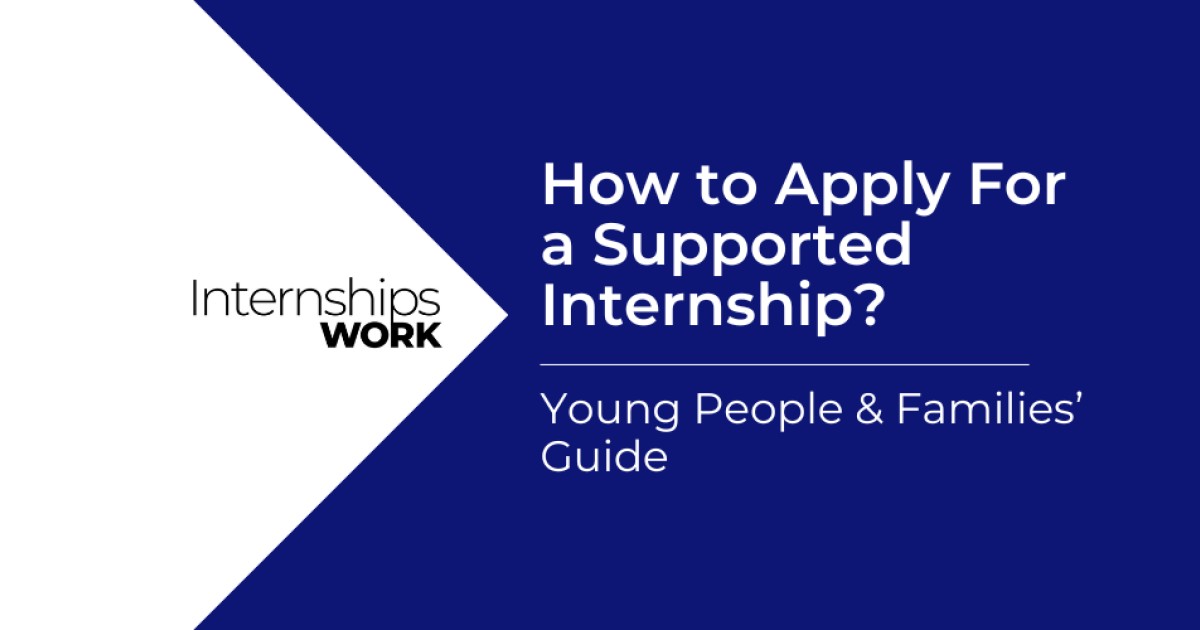
In the increasingly competitive landscape of career development, internships have emerged as indispensable stepping stones, bridges between the theoretical knowledge gained in academia and the practical skills demanded by the professional world. For students and recent graduates alike, securing an internship is not merely about ticking a box on a resume; it’s about gaining invaluable real-world experience, building professional networks, and often, charting a direct path to a full-time role. However, the process of applying for internships can feel overwhelming, a maze of applications, cover letters, and interviews. Understanding a strategic, methodical approach to this process can significantly increase your chances of landing that pivotal opportunity.
The journey to a successful internship application begins long before you hit “submit” on an online portal; it starts with self-assessment and research. Before you can effectively target opportunities, you need to understand your own aspirations, strengths, and areas for growth. What industry genuinely excites you? What type of work environment do you thrive in? What skills do you hope to acquire or hone? Once you have a clearer picture of your own goals, pivot to comprehensive research. Explore companies that align with your interests and values, paying attention to their culture, recent projects, and their approach to internships. Utilize university career services, professional networking platforms like LinkedIn, company websites, and dedicated internship search engines. For instance, if you’re a marketing student passionate about sustainability, research companies that are not only in marketing but also have a strong environmental focus. This targeted approach saves time and ensures you’re applying to roles where you can truly contribute and learn.
Once you’ve identified potential opportunities, the next crucial step is tailoring your application materials. This is where many eager applicants falter, sending generic resumes and cover letters. In a sea of applications, personalization is your most powerful differentiator. Your resume should be a dynamic document, carefully curated to highlight experiences, coursework, and skills most relevant to the specific internship description. If an internship emphasizes data analysis, ensure your resume clearly showcases any analytical projects, relevant software proficiency, and quantifiable achievements. The cover letter is arguably even more vital. It’s your opportunity to tell a compelling story, to explain why you are genuinely interested in this specific internship at this particular company. Avoid simply restating your resume; instead, articulate how your skills and passions align with the company’s mission and how you envision yourself contributing to their team. A compelling cover letter might reference a company project you admire, a specific value that resonates with you, or a unique skill you possess that directly addresses a need outlined in the job description.
Beyond the standard application documents, networking and informational interviews can provide an invaluable edge. Many internships, particularly in competitive fields, are secured through connections. Attend virtual or in-person career fairs, alumni events, and industry meetups. Use LinkedIn to connect with professionals working at companies you admire and respectfully request brief informational interviews. These conversations are not about asking for a job directly; they are about gathering insights into the industry, understanding daily roles, and building genuine relationships. Often, these conversations can lead to learning about unadvertised opportunities or receiving valuable referrals that circumvent the competitive general application pool. For example, a student interested in finance might reach out to an alumnus working at an investment bank to learn about their career path, and this conversation could organically lead to advice on securing an internship or even a direct introduction.
When you secure an interview, preparation is paramount. Research the company, the role, and, if possible, the interviewers themselves. Anticipate common interview questions and practice articulating your experiences and skills using the STAR method (Situation, Task, Action, Result) to provide concrete examples. Be ready to discuss your strengths and weaknesses honestly, and demonstrate genuine enthusiasm for the opportunity. Also, prepare insightful questions to ask the interviewers. This shows your engagement, critical thinking, and genuine interest beyond just getting the position. Questions about team culture, current projects, or learning opportunities can leave a lasting positive impression.
Finally, the follow-up after an interview is not merely a formality; it’s an extension of your professionalism and a reinforcement of your interest. Send a personalized thank-you note or email within 24 hours of the interview, reiterating your appreciation for their time, referencing a specific point from your conversation, and briefly reaffirming your enthusiasm for the role. This small gesture can significantly differentiate you in a competitive pool of candidates, demonstrating your attention to detail and strong interpersonal skills.
In conclusion, applying for internships is a journey that demands preparation, personalization, proactive networking, and meticulous follow-up. It’s about more than just submitting an application; it’s about strategically showcasing your potential, demonstrating your genuine interest, and building connections that can serve your career far beyond the internship itself. By embracing this holistic approach, aspiring professionals can transform the often-daunting process into a pathway for securing invaluable experiences that launch their careers on a trajectory of growth and success.